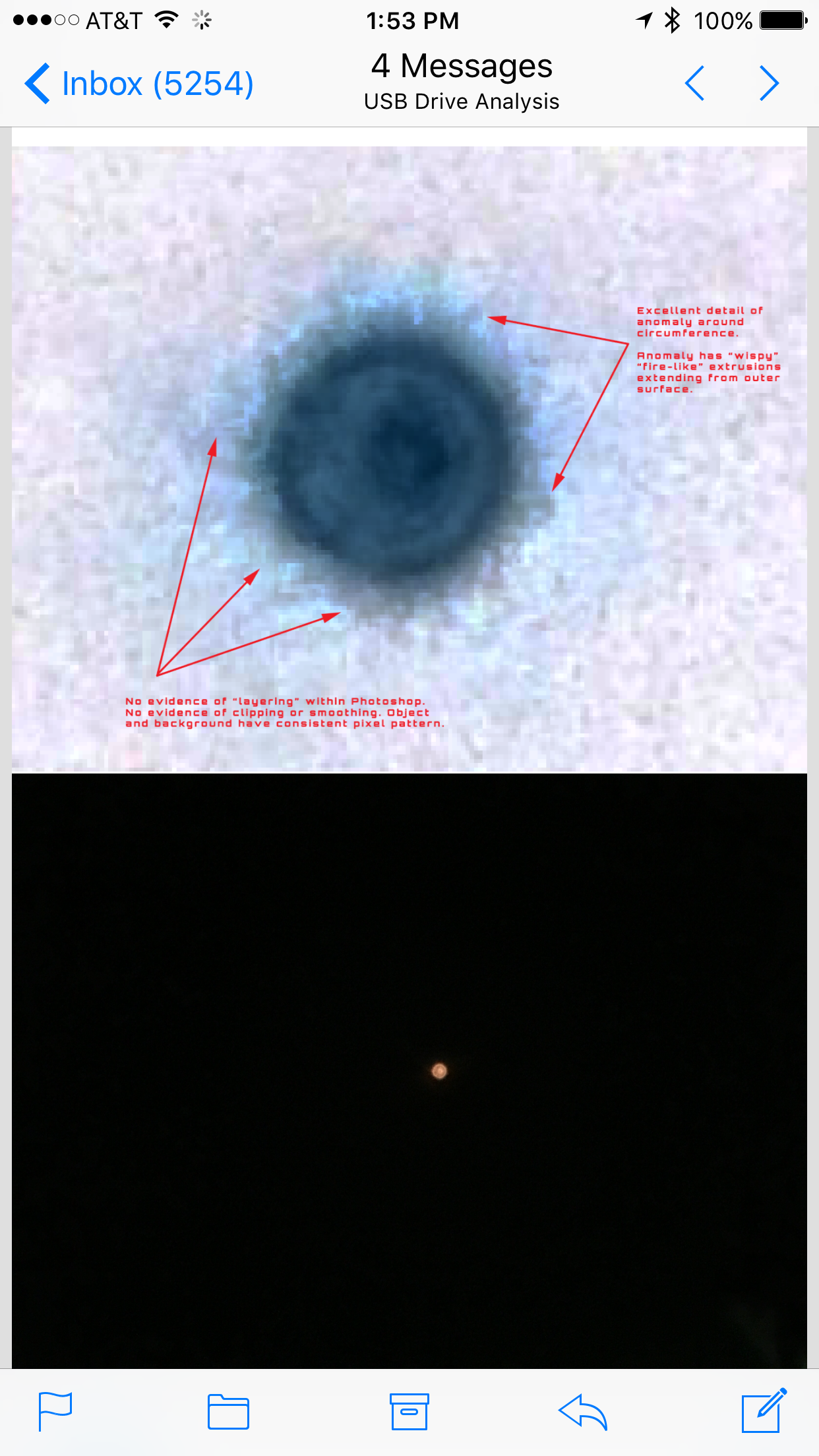
These observations were made by Robert Powell on “X”:
Anecdotal Evidence Anecdotal evidence is the most common type of evidence in UFO/UAP reports. It is the testimony from the memory of a witness. A legitimate concern is that it may be fabricated or be a result of misinterpretation. This is a reason to be careful with the use of anecdotal evidence but it is not a reason to ignore or dismiss it. We use anecdotal evidence to make decisions throughout society, including science.
Anecdotal evidence is used in our justice system. You can be found innocent or guilty based on witness testimony even though no hard physical evidence was present. Many states require a member of the Department of Public Safety to observe your driving capability while sitting in a car with you. Based on that anecdotal evidence, you are given the license to drive a motor vehicle that can endanger your life as well as the lives of others. We make life-and-death decisions based on anecdotal data.
Is science immune? Not at all. The sciences of psychology and sociology are based on anecdotal evidence. Those sciences increase the value of their data by making controlled observations and reviewing as much data as possible to minimize the impact of anecdotal information. This is the same that is done with anecdotal reports of UFOs/UAP. Careful investigations and reviews of many many reports help improve the science.
A good example of the use of anecdotal information is the release of medicines to the general population by the Food and Drug Administration (FDA). The FDA uses anecdotal data from several thousand people to determine if a drug seems to improve symptoms. Pain killers such as Celebrex are judged based on whether a patient “thinks” they feel better or not. The scientists in the FDA decide to release a drug to the public by evaluating large numbers of anecdotal reports to minimize the impact of errors in “some” of those anecdotal reports.
Sometimes medicine even makes life-and-death decisions based on a single anecdotal piece of evidence. Someday a surgeon may need to operate on you to remove cancerous tissue. The surgeon’s decision on the operating table to remove all or part of your kidney is based on anecdotal evidence. The surgeon’s experience and the immediate imagery of your kidney are anecdotal. There is no time to send a piece of your kidney to the lab and wait for the scientific results. Your life may depend on the surgeon’s decision based on anecdotal evidence. And we’re fine with that. But if that same surgeon walks out of the hospital, looks up, and witnesses a disk-shaped object hovering just above the hospital — we don’t want to believe “that” anecdotal evidence. That reaction may say more about “us” than it does about the anecdotal evidence.
submitted by /u/wrexxxxxxx
[link] [comments]